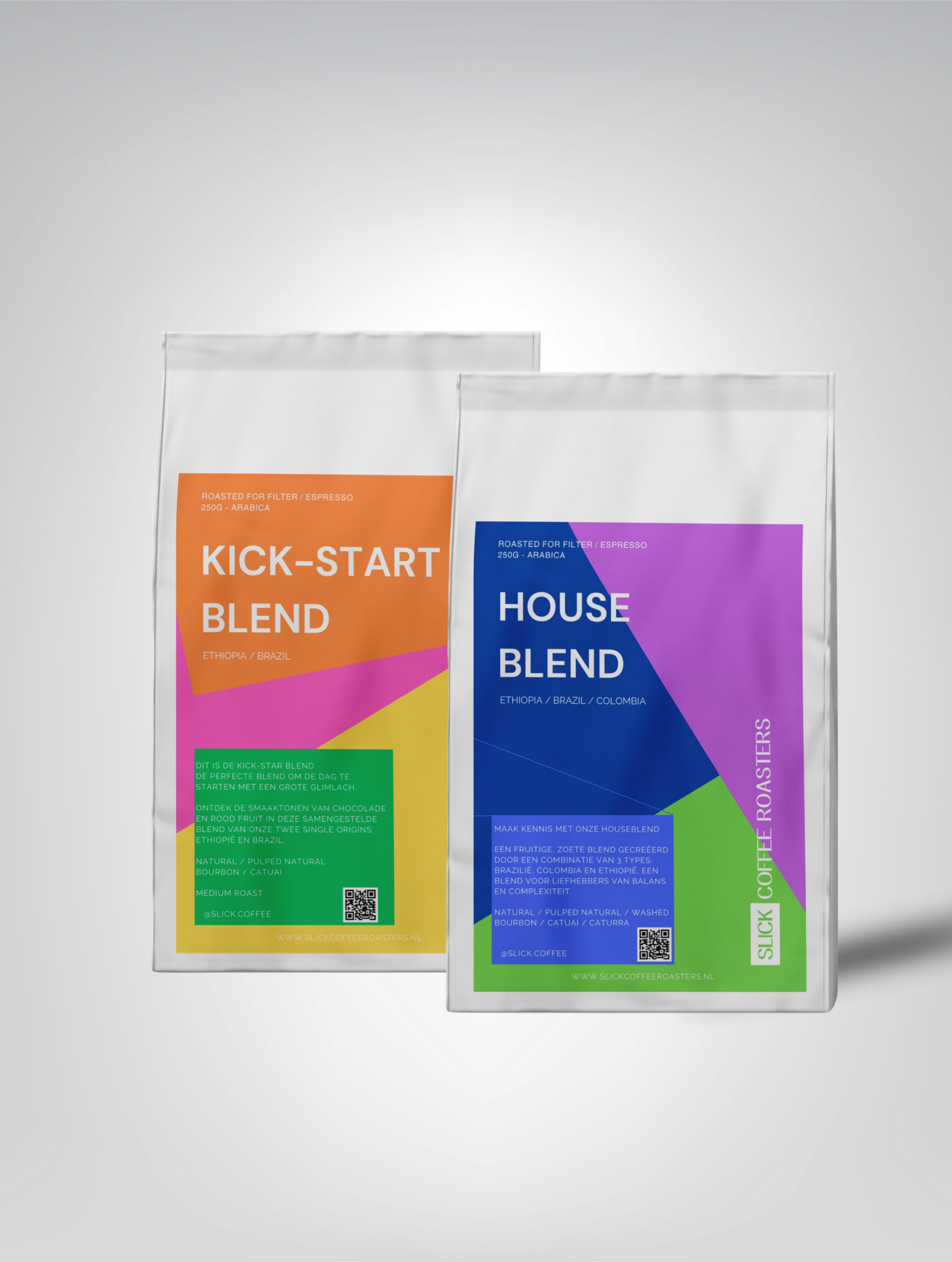Filter coffee is a timeless classic that makes many of us happy every morning. But did you know that the road to this delicious cup of coffee is full of fascinating developments and different filter methods? Let's take a journey together through the history of filter coffee and discover the different types and possibilities.
The beginning of filter coffee
The history of filter coffee starts far back in time, and its origins are not entirely clear. But we do know that this method has its roots in different cultures around the world. Austrian inventor Melitta Bentz is often credited with inventing the first modern coffee filter in 1908. She used a piece of paper from her son's school notebook to make a filter and placed it on top of a pot to separate coffee grounds from the liquid.
The traditional drip method
The traditional drip method is perhaps the most recognizable filter setting method. Ground coffee is placed in a paper or metal filter, placed in a filter holder on top of a coffee pot or pot, and hot water is poured evenly over the coffee. As the water slowly seeps through the ground coffee, the coffee drips into the pot below. This method is known for its simplicity and produces a clear, clean cup of coffee.
The pour-over revolution
The pour-over method is a manual approach to filter coffee that has gained popularity in recent years. In this method, hot water is poured gradually and with precision over the ground coffee. Baristas and coffee enthusiasts appreciate the control they have over aspects such as water temperature, flow rate and brew time, allowing them to fine-tune the flavor of their coffee.
Siphon and vacuum systems
For those looking for a more experimental approach to filter coffee, siphon and vacuum systems are available. These complex, yet intriguing devices use a combination of vacuum and gravity principles to brew the coffee. The result is often a silky, clear cup of coffee that is worth exploring.
Modern technologies and accessories
In modern times, filter coffee makers have adapted to technological advancements. There are now electric coffee makers with programmable timers, built-in coffee grinders and even smart coffee machines that can be controlled with a smartphone. The choice is endless, and there is something for everyone.
